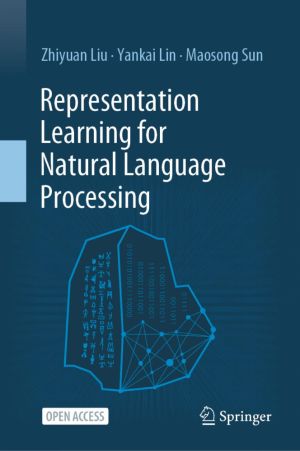Representation Learning for Natural Language Processing
by Zhiyuan Liu, Yankai Lin, Maosong Sun
DescriptionDetailsHashtagsReport an issue 






Book Description
This open book provides an overview of the recent advances in representation learning theory, algorithms and applications for natural language processing (NLP). It is divided into three parts. Part I presents the representation learning techniques for multiple language entries, including words, phrases, sentences and documents. Part II then introduces the representation techniques for those objects that are closely related to NLP, including entity-based world knowledge, sememe-based linguistic knowledge, networks, and cross-modal entries. Lastly, Part III provides open resource tools for representation learning techniques, and discusses the remaining challenges and future research directions.The theories and algorithms of representation learning presented can also benefit other related domains such as machine learning, social network analysis, semantic Web, information retrieval, data mining and computational biology. This book is intended for advanced undergraduate and graduate students, post-doctoral fellows, researchers, lecturers, and industrial engineers, as well as anyone interested in representation learning and natural language processing.This open book is licensed under a Creative Commons License (CC BY). You can download Representation Learning for Natural Language Processing ebook for free in PDF format (10.3 MB).
Book Details
Title
Representation Learning for Natural Language Processing
Subject
Computer Science
Publisher
Springer
Published
2020
Pages
349
Edition
1
Language
English
ISBN13
9789811555725
ISBN10
9811555729
ISBN13 Digital
9789811555732
ISBN10 Digital
9811555737
PDF Size
10.3 MB
License

Related Books
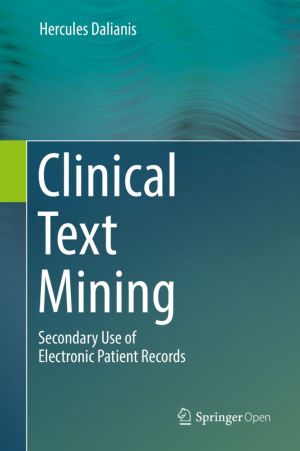
This book describes the results of natural language processing and machine learning methods applied to clinical text from electronic patient records.It is divided into twelve chapters. Chapters 1-4 discuss the history and background of the original paper-based patient records, their purpose, and how they are written and structured. These initial ch...
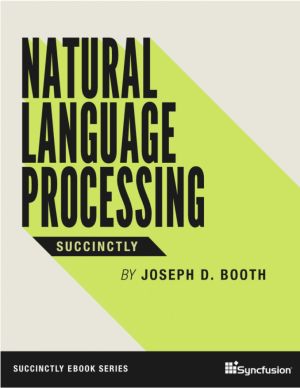
AI assistants represent a significant frontier for development. But the complexities of such systems pose a significant barrier for developers. In Natural Language Processing Succinctly, author Joseph Booth will guide readers through designing a simple system that can interpret and provide reasonable responses to written English text. With this fou...
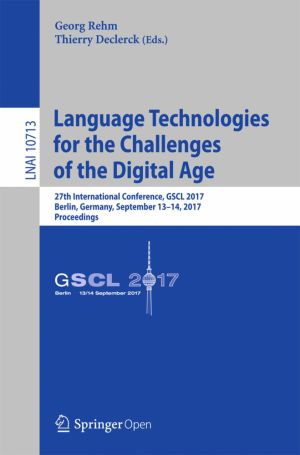
This open access volume constitutes the refereed proceedings of the 27th biennial conference of the German Society for Computational Linguistics and Language Technology, GSCL 2017, held in Berlin, Germany, in September 2017, which focused on language technologies for the digital age. The 16 full papers and 10 short papers included in the proceeding...
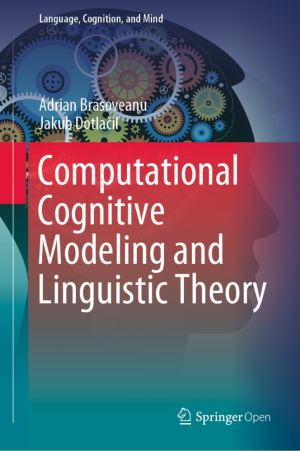
This open book introduces a general framework that allows natural language researchers to enhance existing competence theories with fully specified performance and processing components. Gradually developing increasingly complex and cognitively realistic competence-performance models, it provides running code for these models and shows how to fit t...
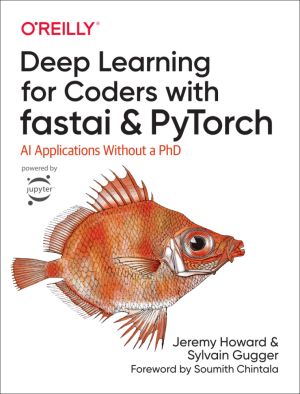
Deep learning is often viewed as the exclusive domain of math PhDs and big tech companies. But as this hands-on guide demonstrates, programmers comfortable with Python can achieve impressive results in deep learning with little math background, small amounts of data, and minimal code. How? With fastai, the first library to provide a consistent inte...
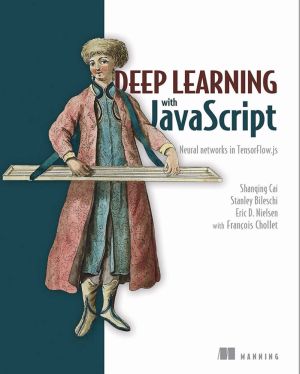
Deep learning has transformed the fields of computer vision, image processing, and natural language applications. Thanks to TensorFlow.js, now JavaScript developers can build deep learning apps without relying on Python or R. Deep Learning with JavaScript shows developers how they can bring DL technology to the web. Written by the main authors of t...

